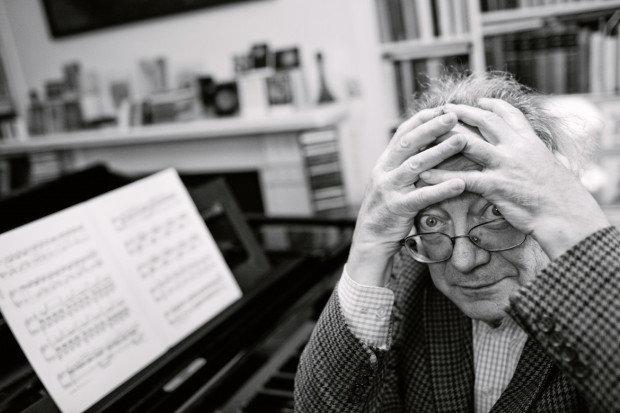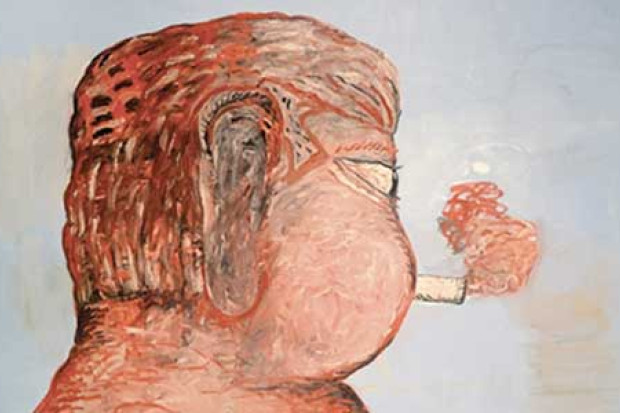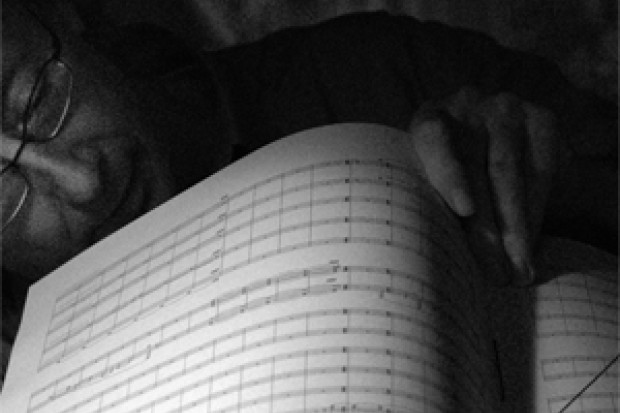Live Reviews: Concorde
Norman Villa Gallery, Salthill, Galway
16 September 2007
There comes a point where one must ask whether contemporary music is meant to be played or performed. A small standing audience – there were no chairs – in an upstairs gallery room on a Sunday afternoon heard five contemporary pieces, all save that by Korean composer Hyun-Sue Chung having been commissioned especially by Concorde and Music for Galway, and receiving, in this intimate atmosphere, their world premieres.
There was something lightly fringe-theatre about it; those composers who were present spoke about their work and explained it, as it were, from in amongst the listeners. It was a little like having a poet explain a poem before he read it; one felt devoid of any possibility of purely personal response. When a child pulls a toy apart to see how it works, he tends to lose interest in it.
There is no logic which suggests that merely because you put notes on a page and some musicians together in a room you end up with music. Much of what was played was, perhaps, a tribute to the creative ingenuity of the essentially young composers, but it was at least as much a demonstration of the mechanics and technicalities of musical instruments. Hyun-Sue Chung’s Um Pong Nong Wol, for violin (Brona Fitzgerald) and cello (Martin Johnson) may have been about contemplating aspects of nature, but it nonetheless sounded too raucous and violent in parts to be a contemplation. And when will contemporary composers stop using abrupt pizzicato as an indication that they are indeed modern?
Listening, one was reminded that one difficulty nowadays with a lot of contemporary music is that much of it sounds like a replay of something else and it is becoming increasingly riddled with stylistic and musical clichés. Thus did Deirdre McKay’s Corcra, a solo for bass clarinet (Paul Roe) attempt to play on what the composer termed, among other things, the ‘thwack’ sound possible with the instrument, without giving us more in the end than a series of runs and cascades; an exhibition piece, perhaps, but musically not terribly interesting. Benjamin Dwyer’s Night Words, for piano-accordion (Dermot Dunne) and bass clarinet (Paul Roe), was more invigorating, although even here music came second place to ‘sounds’. The overall effect was of an interpretive work which demonstrated what, for example, an accordion can do, but it was not without a sense of gimmickry. It was the only piece that had a fulsome note attached to it, which suggested in the composer’s words links to George Steiner’s thought and a desire to return to ‘the intimacy of music.’ Try suggesting intimacy to a concert orchestra.
Benedict-Schlepper Connolly, another Dubliner and in his very early twenties, gave us Room of Beginning and Shaded Light, that opened disconcertingly – should that be comfortingly? – on a low, consonant set of notes, prolonged, sombre, opening to a setting wherein, the composer had told us, the violin rose through a containment of intervals that ‘occur naturally.’ The cello meanwhile laid down a structure as thick as cement for the violin to dance upon. Was there something almost brilliantly boring about the piece? One waited, in vain, for it to go somewhere, to develop. But it was its own justification. Gráinne Mulvey’s Agglomeration for violin, clarinet, accordion and cello had the entire Concorde ensemble under Jane O’Leary’s conducting in a lively, rambunctious, very urban-driven circus of sound and effect. In terms of instrumental interaction it was easily the more interesting piece of the afternoon, which was a credit to the Dún Laoghaire-born composer. Think of elements coming together, of ‘populations being sucked into the city from the outskirts’, Mulvey had explained. Indeed there was no trouble depicting riot, traffic-jam, discordance and the human search for pattern.
All of the composers here are talented and imaginative, and the playing was at all times deft and sensitive. Presumably the composers were happy with Concorde’s interpretations. But one longs for something that engages the belly rather than the brain; a more aesthetic and less intellectual music which does not require explaining or elucidation before it is played.
Or should that be performed?
Published on 1 November 2007
Fred Johnston is a novelist, critic and musician. His novel set in Paris, The Neon Rose, has just been published.










